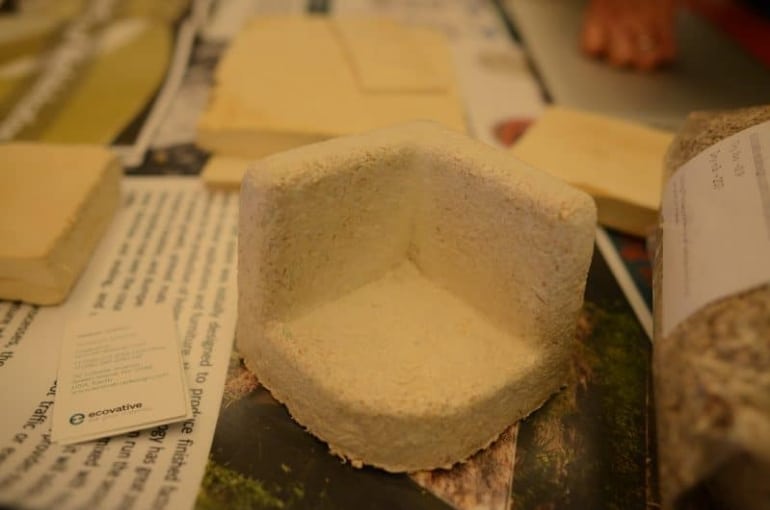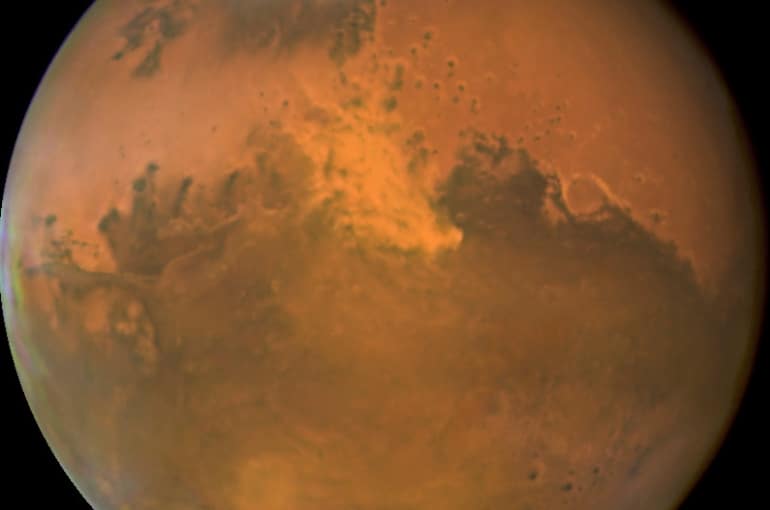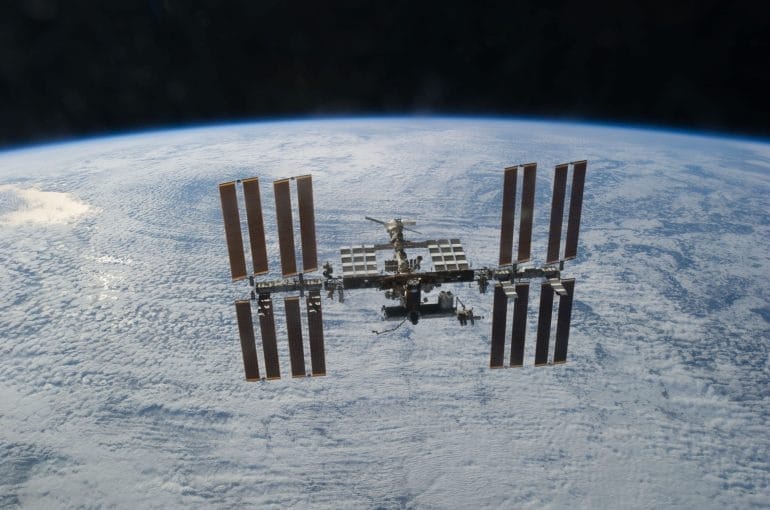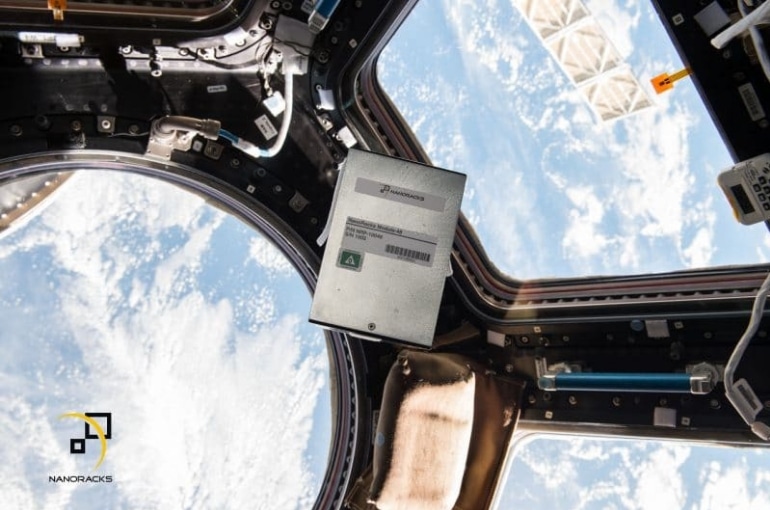BetaSpace
Humankind has been pushing toward life on other planets for decades, and with modern technologies we are closer than we’ve ever been before. But we need to ensure the health of our own planet long enough for future generations to make it to space. And, to sustain ourselves once we get there, biology will have to be engineered for extraterrestrial conditions. BetaSpace — the innovation ecosystem for our on- and off-planet future — was launched to build a tech industry to solve this challenge, focusing on four main areas: food and agriculture, water and waste, energy, and habitat and materials. Learn how several key players in these areas are helping to build a better, more sustainable ecosystem wherever humans may live.
Featured Stories
BetaSpace: The innovation ecosystem for our on- and off- planet future
BetaSpace will bring together companies in earth-based industries to explore how to accelerate the technologies and products to sustain human life here and off-planet. BetaSpace will be the innovation ecosystem for building a better, sustainable world wherever humans may live. READ MORE
Farming on Mars: A future for synthetic biology off Earth
Why not use synthetic biology to create crops better adapted to Martian conditions? Plants could be engineered to use less water, produce greater yields and have a higher tolerance to cold. The very architecture of the plants could be altered. READ MORE
Moving to Mars? Biomaterials point the way
Biomaterials are the way of the future. They are functional, environmentally responsible, and sustainable. And because they are bio-based, they have the potential to self-grow and self-repair. READ MORE
How to grow crops on Mars if we are to live on the red planet
This formidable challenge can be tackled and fast-tracked by building a plant-focused Mars biofoundry. Such an automated facility would be capable of expediting the engineering of biological designs and testing of their performance under simulated Martian conditions. READ MORE
From fruit flies to Boy Scouts: A brief history of science in space
A lot of progress has been made toward making the space lab more analogous to the Earth lab in the past few years, and NanoRacks has played no small part in those improvements. Despite the challenges that still remain for microgravity research, some truly significant work has been accomplished. READ MORE
Space Lab 3.0: Imagining the future of science in space
NanoRacks was founded in 2009 with a single goal in mind: learn everything necessary to one day own and operate their own space stations. These space stations would be designed to facilitate complex, elegant scientific experiments in space — making space “just another place to do business.” READ MORE



















